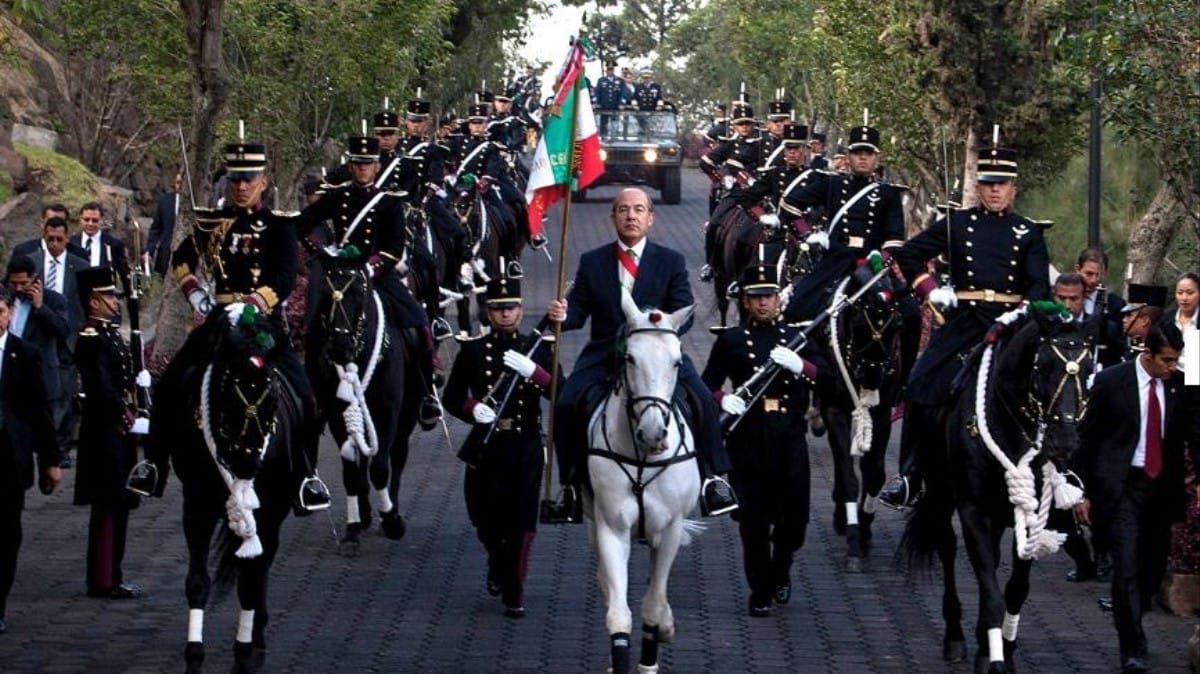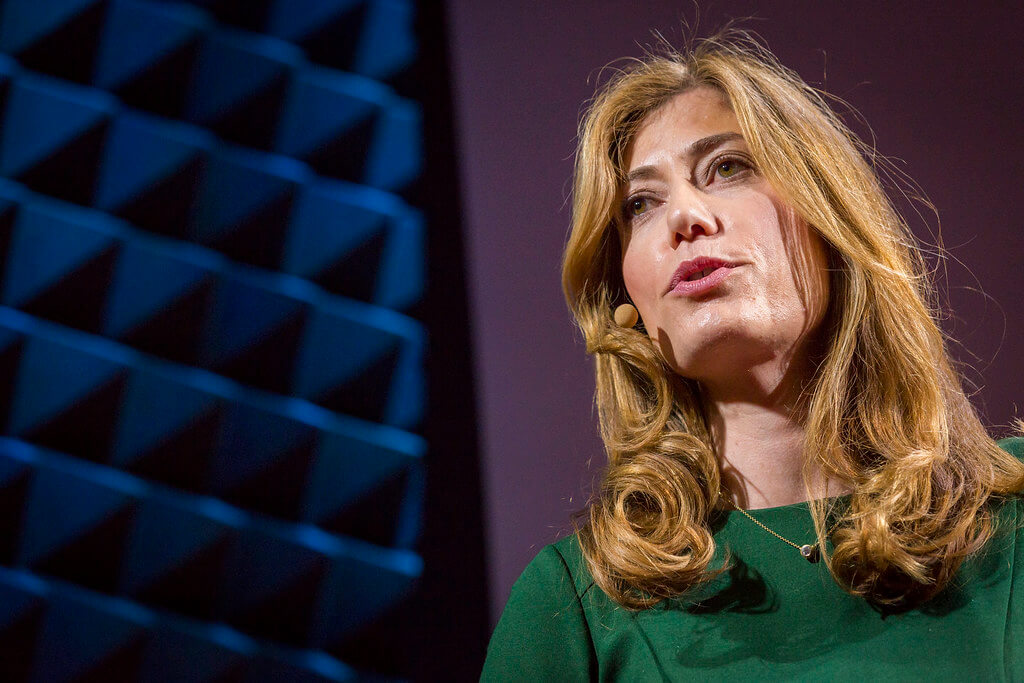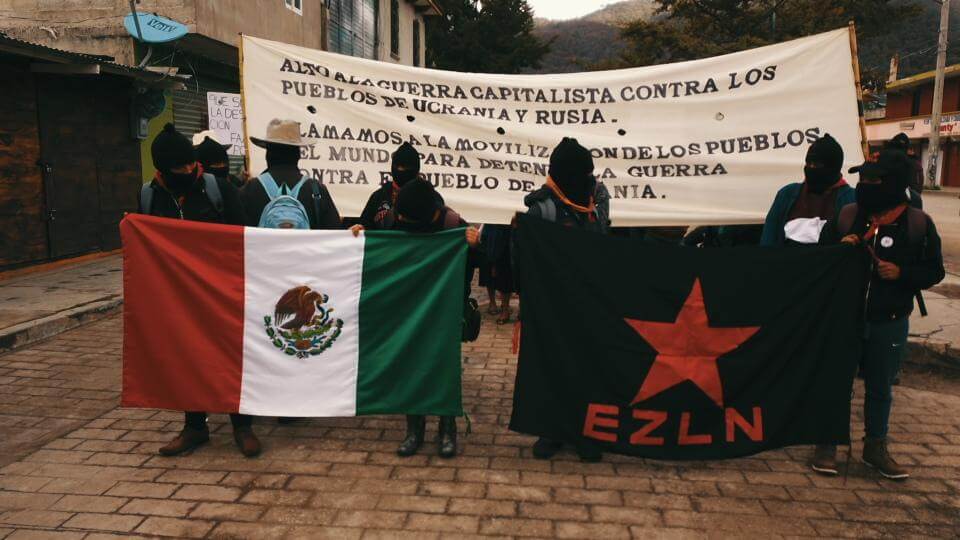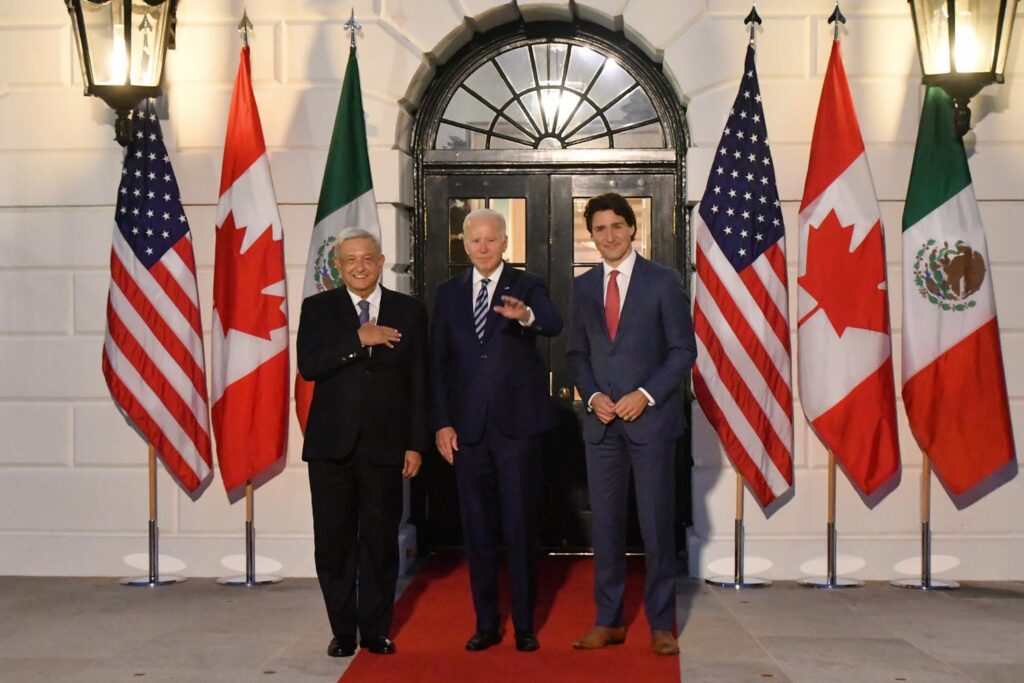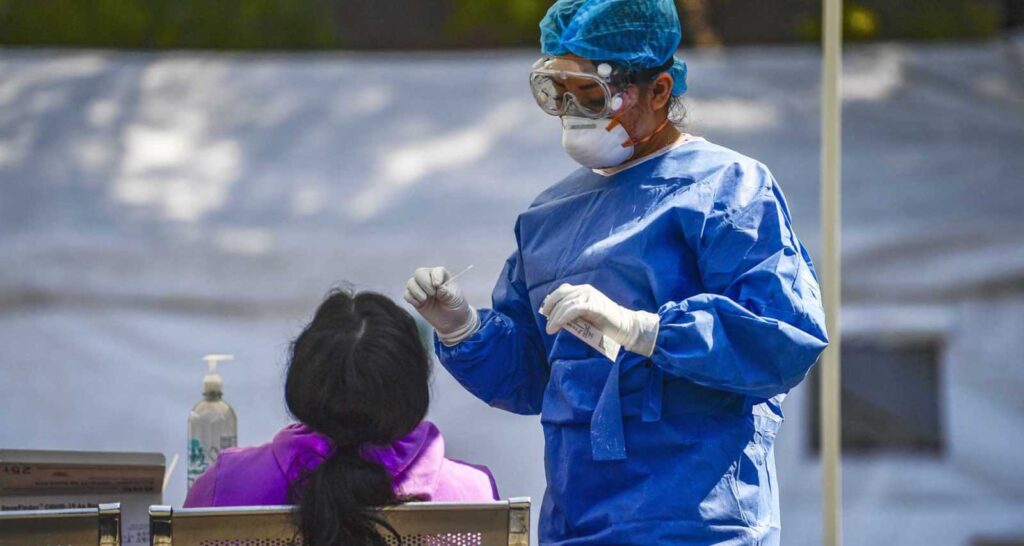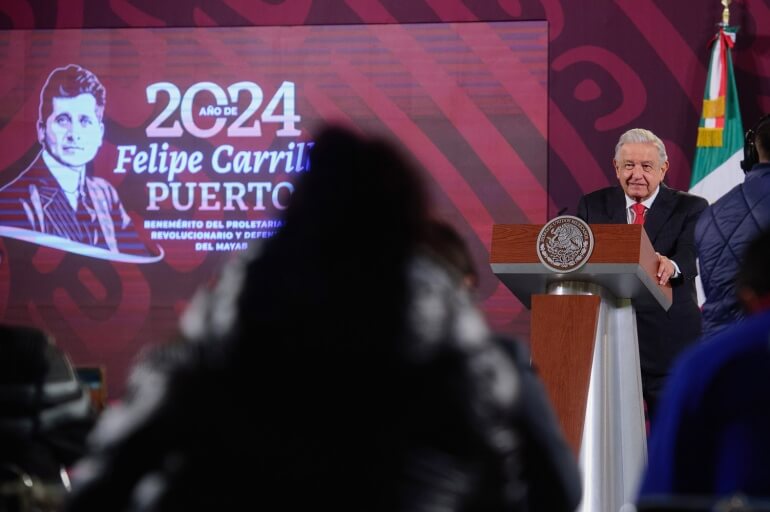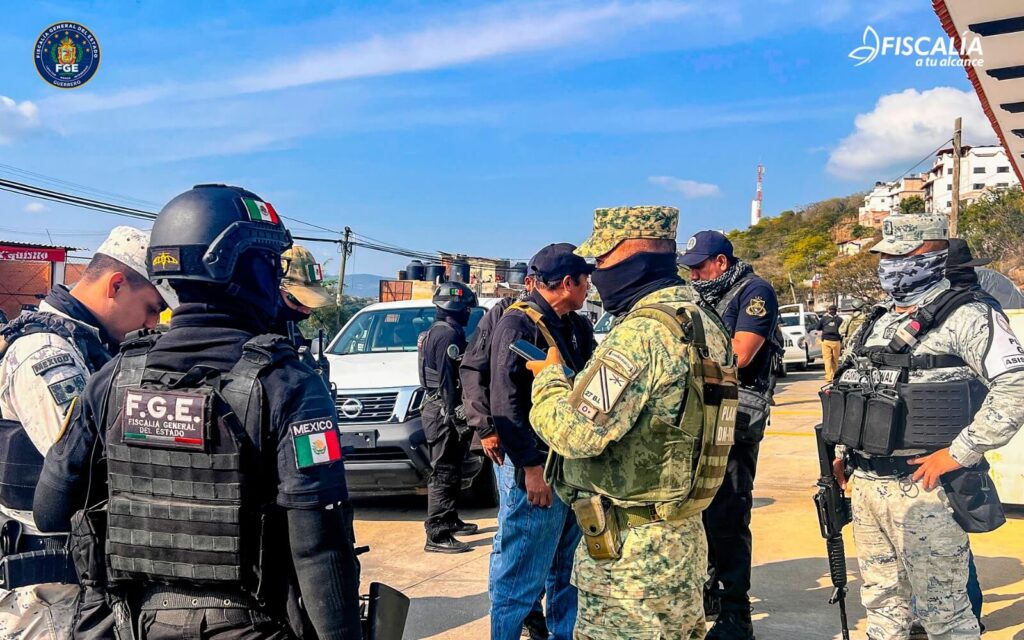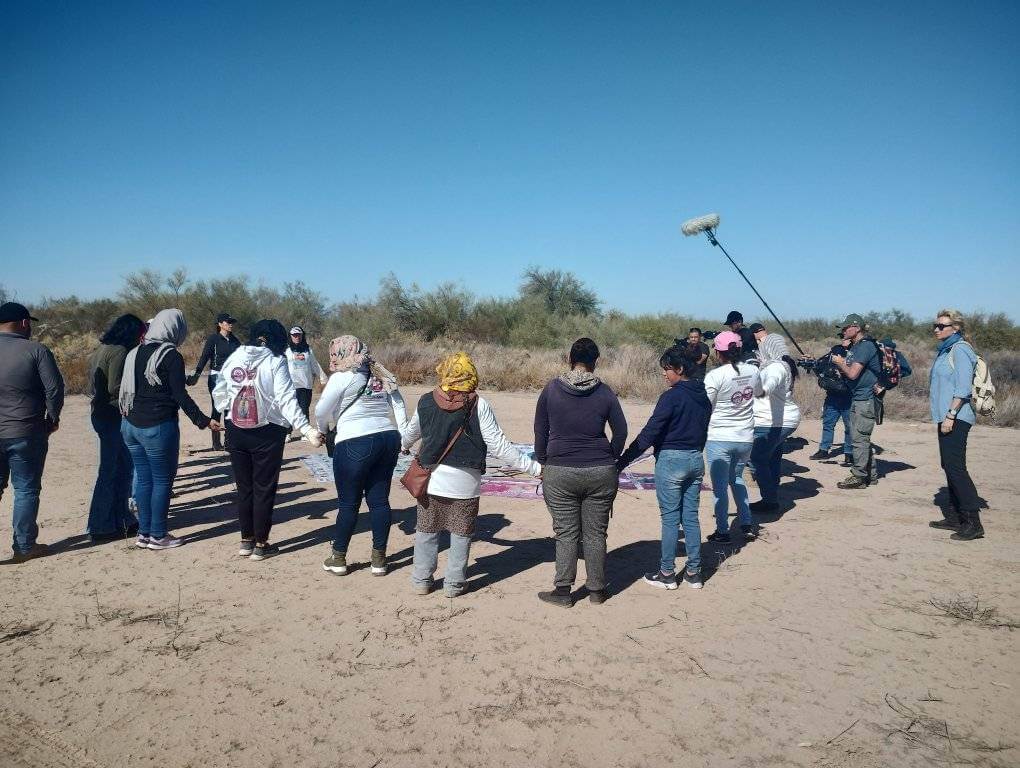Mexico City, Mexico — Weeks into the drug trafficking trial of Mexico’s former security chief, Genaro García Luna, a key witness accused former Mexican President Felipe Calderón of actively protecting jailed drug lord Joaquin “El Chapo” Guzmán Loera during his administration.
For the last three weeks, members of organized crime, American law enforcement, and Mexican officials have sat inside the U.S. District Court in New York, testifying against García Luna, who was the head of Mexico’s federal police during Calderón’s administration.
In his February 7 testimony, jailed former prosecutor and chief of security in the state of Nayarit in western Mexico, Édgar Veytia, reignited long-standing rumors surrounding the involvement of ex-president Calderón in Mexico’s underworld during his presidency from 2006 to 2012.
By Veytia’s account, in 2008, then governor to Nayarit Ney González, told him he held a meeting with Calderón and García Luna, who gave the order to protect the leader of the Sinaloa Cartel, El Chapo Guzmán, during the height of the “war on drugs” in the early 2000s.
By 2008, infighting in the Sinaloa Cartel led to violent confrontations between a faction of the cartel controlled by Guzmán Loera and another led by the Beltran Leyva brothers. According to Veytia, authorities were instructed to favor Guzmán Loera’s faction over the Beltran Leyva’s.
As a top law enforcement official in Nayarit, Veytia used his position to facilitate and protect drug traffickers in Mexico. In 2019 Veytia was sentenced to 20 years in prison by a court in the Eastern District of New York. His case mirroring García Luna’s, made him one of this trial’s most notable witnesses.
This was the first time a witness directly mentioned Calderón’s awareness and involvement in the takeover of the Mexican government by organized crime.
Since Garcia Luna’s arrest in 2019, Calderón has contended that he was unaware that his former right-hand man was an ally of the largest drug cartel at the time.
Following Veytia’s testimony, Calderón denied the allegations through his Twitter account.
“I have reserved my opinion on the trial of Eng. García Luna until it is concluded. For now, I categorically deny the absurd statements reported in the press today by the witness Veytia. What he says about me is an absolute lie. I never negotiated or made any pact with criminals,” wrote Calderón on Twitter.
Will Mexico ever prosecute its former leaders for cartel ties?
According to a recent poll published by the Spanish news outlet El País, 84% of Mexicans want authorities to pursue a serious investigation into Calderón’s alleged ties with Mexican cartels.
However, the Mexican government has never attempted to undertake such a process, the closest being a failed referendum pushed by President Andrés Manuel López Obrador.
In 2021, López Obrador launched a referendum asking the Mexican people whether his government should investigate former presidents for alleged corruption or ill practices during their administrations. While a vast majority voted ‘yes,’ voter turnout was a measly 7%.
While a clear failure, López Obrador called the referendum a ‘success,’ and said that his government won’t investigate his predecessors since the turnout came nowhere near the 40% of the electorate’s participation needed to make the referendum legally binding.
Despite multiple accusations against his predecessors, AMLO has remained firm in not investigating any former president, including Calderón.
“In the case of former President Calderón, as we have already mentioned, a referendum was held. Although most of the people asked for trials to be opened against the former presidents of Mexico, the percentage required by law for this judicial process to be carried out was not reached,” said López Obrador during a press conference on January 30 ahead of Veytia’s testimony.
“That was what the people of Mexico decided. I have already expressed on several occasions that revenge is not my forte,” he added.
When he left office in 2012, Calderón left behind over 120,000 deaths resulting from the violence from the “War on Drugs” launched by his administration, a violent conflict that García Luna’s trial is showing could have been fought on behalf of the Sinaloa Cartel, and not the Mexican people.
In 2016 Calderón took a seat on Avangrid’s board of directors, a U.S. subsidiary of the Spanish energy transnational Iberdrola. A job that reportedly paid him USD $465,000 for two years of service.
Recently, Calderon has laid the groundwork to move his address to Spain, where he has been welcomed with Spanish residence. According to El País, Calderón was hired to conduct academic research in the Instituto Atlántico de Gobierno, an academic institution founded by Spanish ex-president José María Aznar, who allegedly helped Calderón to acquire the position and the residence in the European country.


